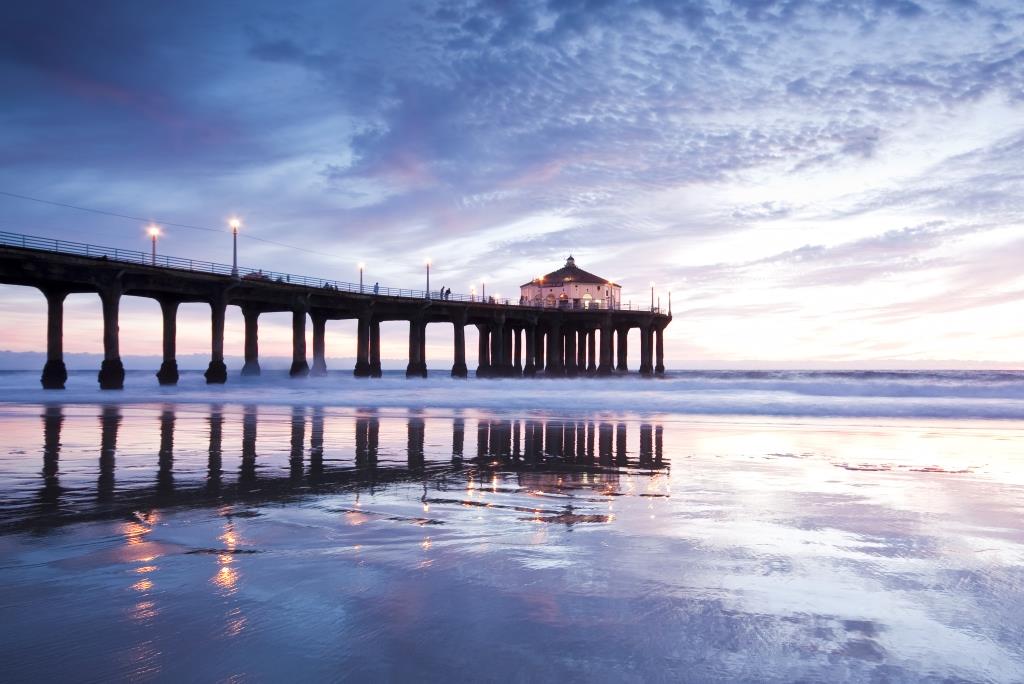Sub-plenary 3: Cities and business should work more together for sustainable development
Sub-plenary 3 at Day 2 of the ICLEI World Congress, titled “City-Business Cooperation for Sustainable Urban Infrastructure,” was presented in partnership with the World Business Council on Sustainable Development (WBCSD). The session also saw the launch of a publication produced by ICLEI and WBCSD.
Titled “Innovative City-Business Collaboration: Emerging Good Practice to Enhance Sustainable Development,” the publication looks into six case studies of effective collaboration between cities and business. “Cities and business should work more together in solving issues of sustainable development, since both are action-oriented and want to get things done,” said Mr. Roland Hunziker, Director, Sustainable Buildings and Cities, of the WBCSD.
“The approach is that rather than the traditional engagement of business in the procurement process, business can also help cities in the urban planning process,” he said. “This is, of course, subject to certain conditions – the most important of which is that it is a facilitated dialogue and a mutual covenant, to ensure that the process is not dominated by commercial interests.”
Mr. Hunziker noted several key components that guided the success of the cases studied. “Common vision and objectives have to be clear from the outset. As we move towards implementation, we need an open and transparent process in which all relevant stakeholders can be engaged,” he said. “Fundamental is political will and leadership, as well as multi-sector expertise.”
Successful experiences
Presenters at the session discussed the successful experiences of their own cities in collaboration with business. Ms. Katrin Stjernfeldt Jammeh, Mayor of the City of Malmo, Sweden, described how applying infrastructure solutions offered by business helped create climate-smart districts in her jurisdiction.
“Implementation can only be done across sectors, in cooperation with different departments and external organizations. We needed the business community to share our vision and to understand the benefits,” she said. “Our development, while strongly influenced by construction companies, was negotiated between the city and the developers, focusing on the concerns of energy consumption, biodiversity, sustainable mobility, and waste management,” among others.
At the climate-smart district of Hyllie, Mayor Stjernfeldt Jammeh spoke of a ‘climate contract’ between the city and business for Hyllie to be powered with 100% renewable or recycled energy by 2020.
“The city is still at the core of decision-making, but to be successful, it is necessary to share the city’s vision with all stakeholders,” she said. “With business, it is possible to meet challenges together and find win-win solutions.”
Mr. Risto Veivo, Development Manager of Climate, Environment Policy and Sustainability of the City of Turku, Finland, discussed his city’s experience under the WBCSD Urban Infrastructure Initiative (UII). UII engaged seven multinational companies to support the city in certain development areas or themes – choices that were guided, said Mr. Veivo, by the city’s climate policy.
To enable effective city-business dialogues, the Deutsche Messe established Metropolitan Solutions – the world’s leading Smart City congress and trade fair. Mr. Thomas Rilke, Director of Deutsche Messe, highlighted ICLEI’s role as exclusive partner of Metropolitan Solutions in bringing together city officials and company representatives.
Mr. Jay-hyun Park, Vice Mayor of the City of Changwon, Korea, presented his city’s Smart Grid project, designed to improve energy efficiency and reduce greenhouse gas emissions, the components of which are being developed by the city’s business sector.
Potential for deeper collaboration
Concluding the session, Mr. Thomas Rilke, Director of Deutsche Messe AG, discussed the potential for deeper city-business collaboration based on the emergence of smart cities.
First, Mr. Rilke expects a “massive wave” of urban conservation and construction of new smart cities in the future, as a result of finance flowing into cities in response to climate change and as major investors increasingly put their money in infrastructure. “Financing of smart cities and green cities is going to be possible to a much greater extent than is currently the case,” he said.
Meanwhile, smarter production methods are leading towards the ‘individualization’ of products – production of items in “tinier batches” and at a smaller scale. “Manufacturers are moving away from large-scale factories in the direction of smaller decentralized units. The factory becomes a mixture of production and distribution point,” said Mr. Rilke. Industrial enterprises are going to be located less in large buildings or on large plots of land, he said, which means they will fit much better in the municipal landscape.
“I believe you can make your cities greener by using smart technologies in municipal infrastructure and large-scale properties. And the smart companies in the future will be interested in your cities as a local option,” said Mr. Rilke.
In connection with this, Deutsche Messe and ICLEI have set up Metropolitan Solutions, an international trade fair and conference platform for dialogue on tomorrow’s smart, green cities. Taking place in Berlin, Germany on May 20-22, the event shall feature 25 parallel conferences presented by different and independent organizers from all over the world, covering a wide range of themes from energy supply, transport and connected lighting and sensor systems, to innovative financing models.
The conference program is complemented by an exhibition program featuring displays of new technologies and solutions from around 100 international companies.
“Together with ICLEI, we are building a globally-leading network hub that brings together municipal decision makers with representatives from industry and the research community,” said Mr. Rilke. “I invite you all to come to Berlin for Metropolitan Solutions 2015.”




